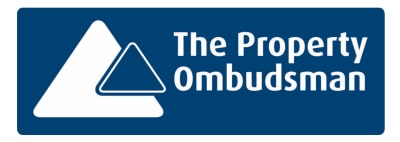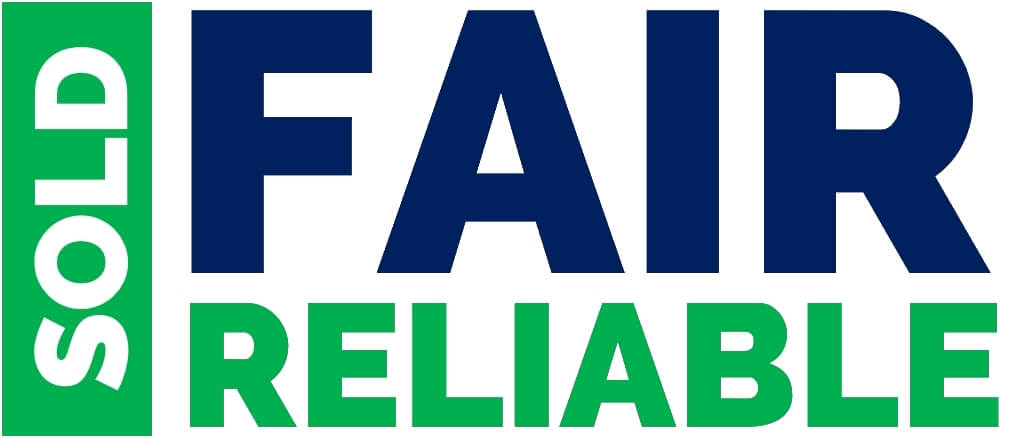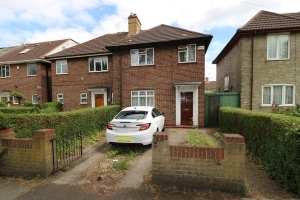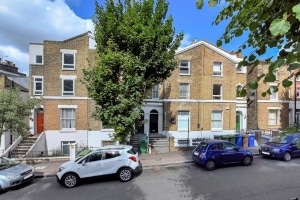How to Get Rid of a House That Won’t Sell
What are your options when your house won’t sell? Estate agents will usually suggest reducing the asking price, but we would only suggest this as a last resort, as it risks “devaluing” a property. Read our tips to help speed up your property sale.
For your peace of mind we are a member of The Property Ombudsman.
Call 0800 862 0206 for your FREE sale price estimate
It can be one of the most frustrating experiences; to own a property that won’t sell. Initial enthusiasm from an estate agent can soon run into feelings of hopelessness when months down the line the property is still on the market, unsold. What can you do when your house won’t sell? This article is designed to help property owners identify the reasons why their house is not selling and explore options to help speed up the sale.
Updated by Mark Grantham on 6th March 2020
If you’re tempted to approach a “quick sale company” beware of firms that claim to be able to purchase your property even if you’re in negative equity. It sounds too good to be true, and it is. Be especially careful if you’re asked to pay an upfront fee or requested to sign anything. Read more about selling to quickly for a good price.
Why sell by auction?
✔ Sell to the highest bidder
✔ Sales don’t fall through
✔ Suitable for any property
A sale can fall through at any point until exchange of contracts. The buyer can change their mind for any reason, or no reason at all. Even after months of legal work and a satisfactory survey it’s not unheard of for a prospective buyer to get cold feet and walk away from the sale.
If you’ve experienced sales falling through multiple times then it’s likely to be due to a reason with the property, possibly something coming up on searches or in the survey. If this is the case it might be sensible to bring this to the attention of prospective buyers early on, before they make an offer.
If you’re selling a derelict or abandoned property then it’s worth considering boarding up ground floor windows and doors. Derelict properties in and around city centres are particularly prone to squatting, so as an extra measure it can be worth exploring the services of a “live-in guardian” service.
We’ve heard of cases where noisy neighbours have been offered incentives to keep the noise down until a property has successfully sold. This isn’t an acceptable thing to do because the buyer will most likely experience the same disruptive behaviour soon after the sale – imagine the response from the buyer when the neighbour tells how they were paid to stay quiet.
It’s worthwhile asking for legal advice in these situations, and bear in mind that any disputes with neighbours should be reported by the seller in the Property Information Questionnaire, unless the property is sold as seen.
Most people feel comfortable with selling through an estate agent, it’s a familiar route and the estate agent can offer advice and reassurance throughout the sale process. If a property won’t sell with one estate agent, homeowners usually appoint another agent, hoping things will improve. Whilst some agents are better at selling than others, it doesn’t make much difference if you are switching from one reputable and established agent to another – they will be carrying out the same type of marketing and targeting the same types of buyer.
Selling through an estate agent is by no means the only option. In fact, for some properties (and the owner’s circumstances) it can make a lot more sense to sell at public auction or direct to a property buying company.
A sale by auction is ideally suited to properties requiring modernisation or with development potential. For these types of properties, the sale price achieved is often far higher than an estate agent would hope to achieve, in fact there is a lucrative market where property investors purchase rundown properties through estate agents and sell on at auction. Solicitors dealing with inherited properties often recommend sale by auction as the preferred route because they know the property will benefit from an open and transparent sale, which gives the property the best chance of selling for a fair price.
It is estimated that around 1% of property sales in the UK are made to “property buying companies”, also referred to as quick house sale companies, homebuyer companies and cash buyer companies. These companies typically offer around 80% of market value, so they’re not suited to everyone but if you’re looking for a quick and hassle-free sale they can be a very good option. Not all of these companies are genuine cash buyers, many are in fact property brokers, as this guide to homebuyer companies explains.
Need more help? Call us on 0800 862 0206 or send us an enquiry online.
Slow progress?
🔍 Also see







